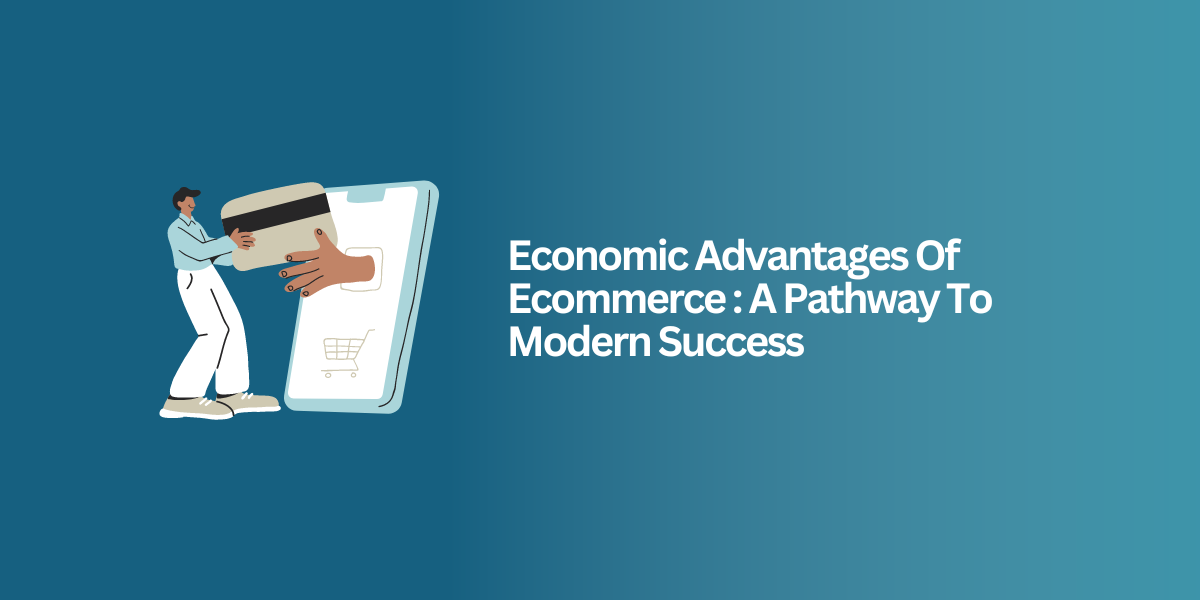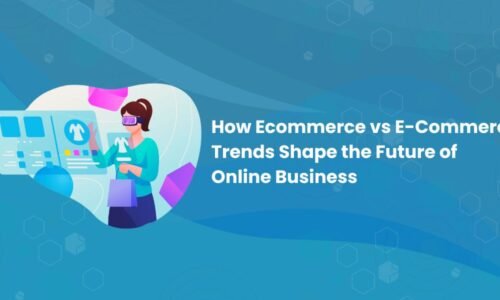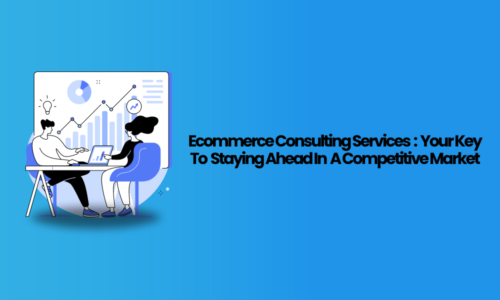In the rapidly evolving retail landscape, the Economic advantages of ecommerce present numerous benefits that traditional brick-and-mortar stores simply cannot match. Here’s a detailed look at how ecommerce can significantly enhance economic efficiency and profitability for businesses:
Broaden Market Reach
- Global Access: Ecommerce eliminates geographical limitations, allowing businesses to tap into international markets.
- Increased Visibility: Enhanced brand exposure through digital channels can attract a wider audience.
- Cost-Effective Market Expansion: Enter new markets without the high costs associated with physical store setups.
Operate 24/7
- Uninterrupted Sales: Ecommerce platforms enable businesses to operate around the clock, maximising sales opportunities.
- Flexible Shopping: Customers can shop at any time, accommodating different time zones and personal schedules.
- Increased Revenue Potential: Constant availability can lead to higher sales and improved cash flow.
Reduce Operational Expenses
- Lower Overheads: Eliminate costs related to physical store maintenance, such as rent and utilities.
- Automated Processes: Streamline operations with automation in order management, payment processing, and customer service.
- Reinvest Savings: Allocate cost savings towards growth initiatives like marketing and product development.
Enhance Personalization
- Data Utilisation: Leverage customer data to deliver tailored shopping experiences and targeted marketing.
- Improved Engagement: Personalised recommendations and communications can drive higher conversion rates.
- Customer Loyalty: Customised experiences foster stronger customer relationships and repeat business.
Utilise Data for Strategic Decisions
- Analytics Insights: Access detailed data on customer behaviour, sales trends, and campaign performance.
- Informed Strategies: Use insights to optimise marketing, improve product offerings, and refine business strategies.
- Enhanced Performance: Data-driven decisions can lead to more effective resource allocation and higher profitability.
Gain Valuable Customer Insights
- Behavioural Analysis: Understand customer preferences and purchasing habits to tailor products and services.
- Feedback Integration: Collect and act on customer reviews and feedback to enhance offerings and address issues.
- Market Adaptation: Adjust business strategies based on real-time insights to stay competitive.
Boost Customer Engagement and Retention
- Multi-Channel Engagement: Utilise social media, email marketing, and loyalty programs to maintain customer interaction.
- Personalised Communication: Offer relevant content, updates, and promotions to keep customers engaged.
- Loyalty Rewards: Implement programs that reward repeat customers, increasing retention and lifetime value.
Achieve Scalability and Flexibility
- Adaptable Operations: Easily scale operations to meet growing demand or expand product lines without physical constraints.
- Risk Management: Test new products and markets with lower risk compared to traditional retail expansion.
- Agility: Quickly respond to market changes and customer needs with a flexible ecommerce setup.
Optimise Inventory Management
- Real-Time Tracking: Use inventory management tools to monitor stock levels and avoid overstock or stockouts.
- Cost Efficiency: Minimise warehousing costs with just-in-time inventory systems.
- Improved Cash Flow: Reduce carrying costs and increase profitability through effective inventory control.
Access Diverse Marketing Channels
- Digital Marketing: Utilise SEO, PPC, social media, and email marketing to reach and convert target audiences.
- Cost-Effective Advertising: Leverage affordable digital advertising options with precise targeting.
- Comprehensive Strategies: Integrate multiple channels for a cohesive marketing approach that drives traffic and sales.
Lower Barriers to Market Entry
- Minimal Initial Investment: Launch ecommerce businesses with lower startup costs compared to traditional retail.
- Flexible Models: Use drop shipping or third-party fulfilment to reduce upfront expenses.
- Increased Competition: Lower barriers foster innovation and competition, benefiting consumers and businesses alike.
Environmental Benefits
- Reduced Carbon Footprint: Lower environmental impact by minimising physical stores and packaging waste.
- Digital Transactions: Cut down on paper usage with electronic receipts and invoices.
- Sustainable Practices: Appeal to eco-conscious consumers and support a greener economy.
Conclusion
Ecommerce provides substantial economic advantages that can transform the way businesses operate and grow. From expanding market reach and reducing operational costs to enhancing customer engagement and optimising inventory management, ecommerce offers a wealth of benefits. By embracing these economic advantages, businesses can achieve significant cost savings, increased revenue, and long-term success in the digital marketplace.




